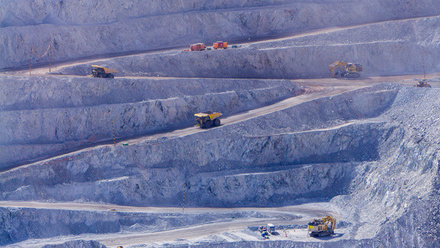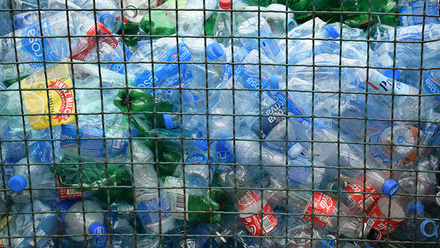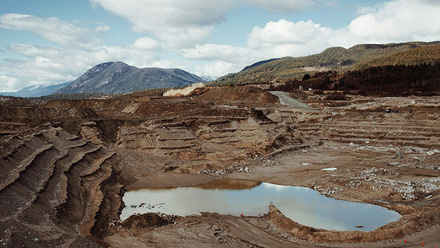Roll-out of low-carbon concrete road
A trial of low-carbon reinforced concrete is to be extended to permanent UK roads.

The concrete solution used at the junction 6 project on the M42 has reduced more than 50% of carbon and has been found to be as equally resilient as steel-reinforced concrete.
The trial by constructors Skanska UK and the government body National Highways is a partnership with manufacturing company Basalt Technologies, the National Composites Centre and road-builders' Tarmac.
Tarmac provided two types of concrete, a mix of conventional cementitious material and a low-carbon alternative mix using Alkali Activated Cementitious Material (AACM) in place of traditional cement.
According to Tarmac, despite being mixed the same way at the same processing site the AACM lowers the carbon footprint by 80% compared to a standard CEM I concrete.
A basalt-fibre-reinforced polymer rebar was used instead of steel and it is claimed to be five times lighter and twice as strong as its steel counterpart while being resistant to corrosion, alkalis and acids.
Basalt Technologies claims that on average it has 60% less CO2 emissions than steel.
The traditional concrete and the AACM were both combined seperately with a steel reinforcement and a basalt one, to test four different concrete slabs on a road used by construction vehicles.
In-situ and laboratory tests were carried out over a number of months, which included bending and shear testing the four types of slabs.
The next phase will work with HS2 and trial the concrete on a permanent road to capture real-world data.
The ultimate goal is to roll out the solution across the UK's strategic road network.







